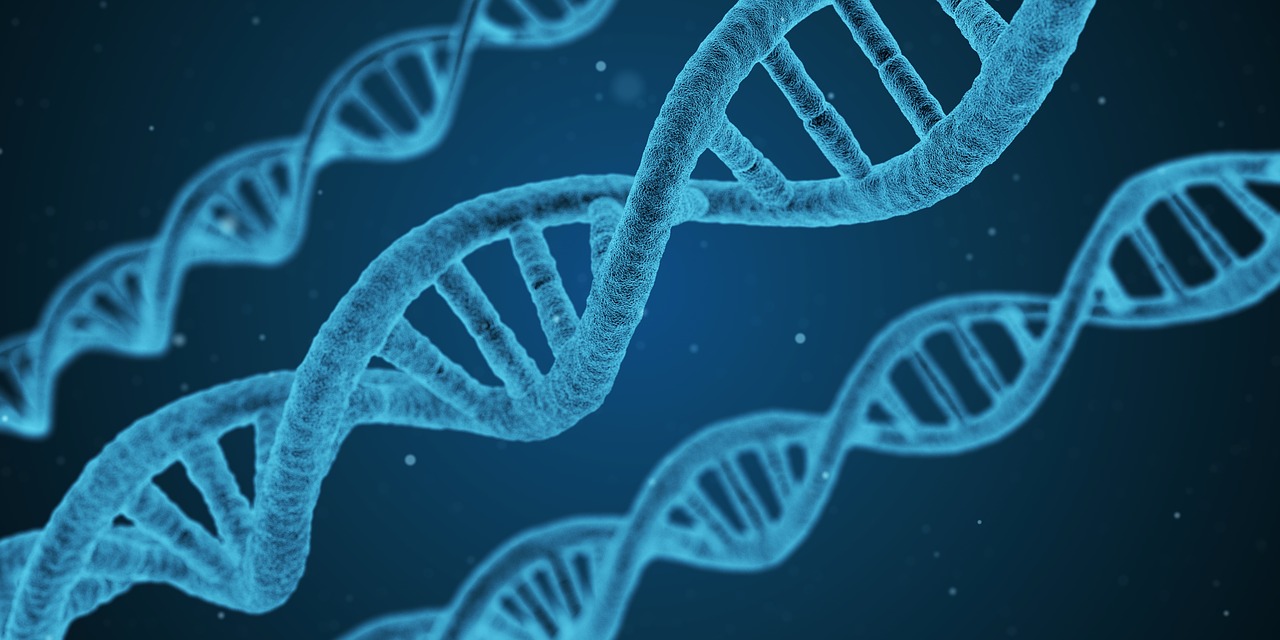Publication: UBAP1 - a novel HSP gene
An international group of scientists succeeded in identifying a new HSP gene.
An international group of scientists succeeded in identifying a new HSP gene. The study, coordinated by the Universities of Miami (Florida) and Tübingen, shows that so-called 'truncating' mutations in the UBAP1 gene lead to an autosomal dominant form of HSP that usually begins in childhood. The protein encoded by UBAP1 is involved in the ubiquitination of cellular protein molecules and thus in the degradation of 'aged' or misfolded proteins. Among the 10 described families with proven mutations in UBAP1 there are also four German families for whom genetic diagnosis was now possible.
Reference: Farazi Fard, M. A., A. P. Rebelo, E. Buglo, H. Nemati, H. Dastsooz, I. Gehweiler, S. Reich, J. Reichbauer, B. Quintans, A. Ordonez-Ugalde, A. Cortese, S. Courel, L. Abreu, E. Powell, M. Danzi, N. B. Martuscelli, D. M. Bis-Brewer, F. Tao, F. Zarei, P. Habibzadeh, M. Yavarian, F. Modarresi, M. Silawi, Z. Tabatabaei, M. Yousefi, H. R. Farpour, C. Kessler, E. Mangold, X. Kobeleva, A. J. Mueller, T. B. Haack, M. Tarnopolsky, Z. Gan-Or, G. A. Rouleau, M. Synofzik, M. J. Sobrido, A. Jordanova, R. Schule*, S. Zuchner** and M. A. Faghihi (2019). "Truncating Mutations in UBAP1 Cause Hereditary Spastic Paraplegia." Am J Hum Genet 104(4): 767-773. * shared senior authors


